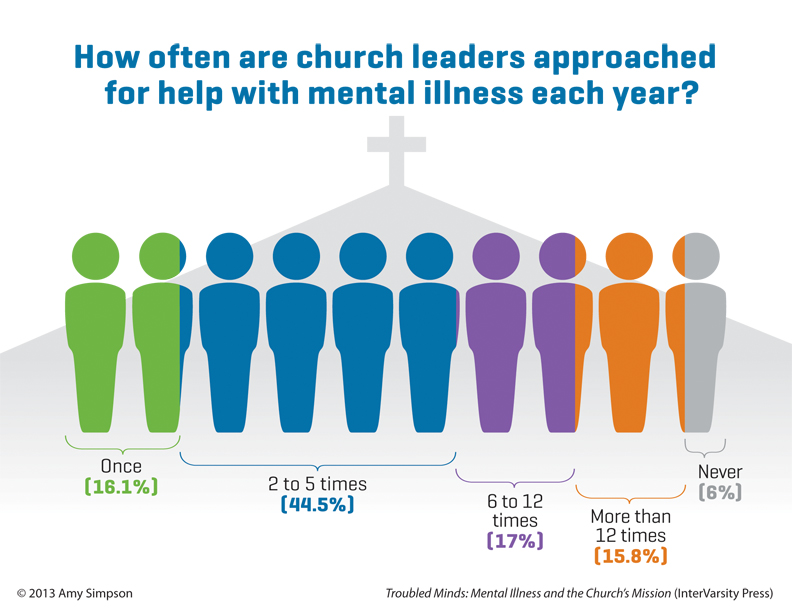Check Out The Intriguing Growth Of Catholic Schools And Their Considerable Impact On Education-- Might Their Traditions Be The Solution To Future Knowing?
Check Out The Intriguing Growth Of Catholic Schools And Their Considerable Impact On Education-- Might Their Traditions Be The Solution To Future Knowing?
Blog Article
Web Content By-Carr Kumar
When you take into consideration the background of education, Catholic colleges stand out for their deep-rooted traditions and enduring influence. These organizations began as a means to infuse confidence and values, however they have actually adapted remarkably over centuries. Today, they play a crucial role fit not simply academic success but likewise moral integrity. What's intriguing is exactly how they have actually managed to thrive in the middle of transforming social landscapes, questioning about their future significance and impact.
The Beginnings of Catholic Education And Learning: A Historic Viewpoint
Catholic education and learning traces its roots back over 1,500 years, when early Christian neighborhoods recognized the demand for structured learning. You'll find that these communities intended to pass on their faith and worths through education.
Monasteries and sanctuary schools ended up being centers of discovering, nurturing both spiritual and intellectual growth. As you dig deeper, you'll see that the educational program typically included approach, faith, and the liberal arts, made to create versatile people.
Over time, the Church developed more formal establishments, ensuring that education and learning remained available to all. The commitment to teaching moral worths and cultivating a feeling of area has continued via the centuries, shaping the academic landscape and influencing countless lives worldwide.
This long-lasting heritage remains to motivate Catholic education today.
The Advancement of Catholic Colleges With Social Contexts
As cultures developed, so did the function of Catholic schools, adjusting to the social contexts in which they existed. In the early years, these establishments focused largely on religious instruction, however as neighborhoods branched out, they started to integrate local languages, customizeds, and instructional needs.
You would certainly notice that Catholic colleges usually became facilities for social communication, promoting a feeling of belonging among pupils from various histories. In https://baptistnews.com/article/the-lapsed-an-ancient-church-controversy-with-2020-implications/ of areas, they attended to societal problems, such as poverty and discrimination, by supplying easily accessible education and learning for all.
As you explore various societies, you'll see exactly how Catholic institutions have shifted their educational program and teaching approaches, showing the values and challenges of their settings while remaining true to their foundational goal of faith and academic quality.
The Modern Duty and Effect of Catholic Schools in Society
In today's world, Catholic institutions play an essential duty in shaping not simply the educational landscape, but additionally the more comprehensive community.
You'll locate that these establishments stress values like respect, concern, and social justice, cultivating all-around individuals who add positively to culture. By concentrating on scholastic quality and moral development, Catholic schools prepare students for future challenges, supporting crucial thinking and management abilities.
They often offer varied populations, linking voids in accessibility to top quality education. In addition, you could notice their commitment to service, encouraging trainees to participate in neighborhood outreach and volunteer work.
This mix of education and learning and ethical advice makes Catholic colleges a significant force, growing liable people that can influence their communities for the better.
Final thought
In conclusion, Catholic schools have a rich background that's shaped their enduring effect on culture. College prep schools Leelanau County 've seen just how they have actually adapted to various cultural contexts while keeping a dedication to confidence, values, and scholastic quality. Today, they continue to play a vital role in promoting community, promoting social justice, and nurturing liable residents. As you review their legacy, it's clear that Catholic colleges continue to be an effective pressure for favorable modification worldwide.
